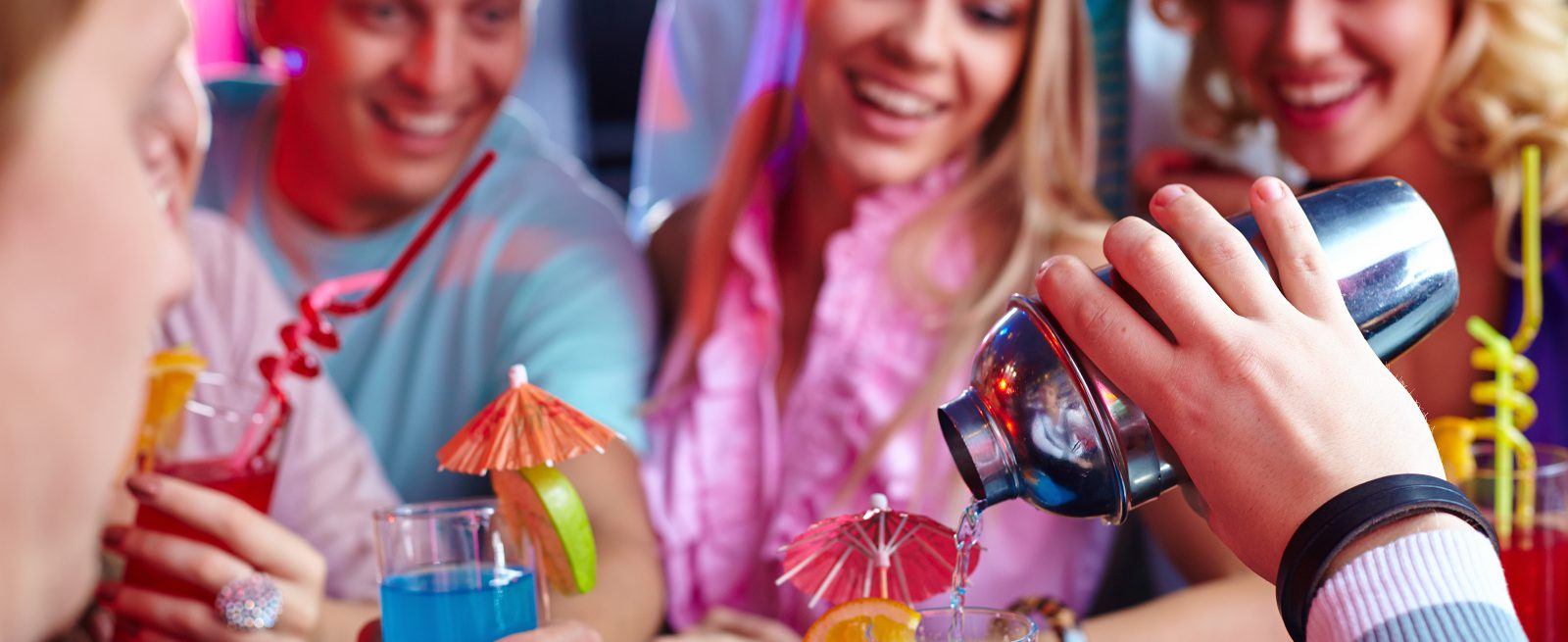Hey Bartender, What’s in this Drink?
2 Min Read By Susan Tellem
Most restaurant owners are knowledgeable about food safety tips their servers should follow such as washing hands after using the bathroom and not putting their thumbs into food, but it’s equally important to monitor what the bar staff should be doing to protect the public health. Check out these 10 tips and make sure the next time a customer asks for a gin and tonic with a lemon and olives, the bartender isn’t giving them something they didn’t order.
- Depending on regulations in your jurisdiction, it might be required that each bar staff member possesses a food handler’s card. Do spot checks for expiration dates.
- Have allergy warnings for mixed drinks and liquors prominently displayed in a logical place. (The White Monkey at a New York bar has vermouth and almond syrup, for example).
- Tools of the trade should be washed/rinsed/sanitized in the same manner as any other restaurant supply.
- Ice can be a harbinger of filth. Be sure to transport and use ice from in its own container which is sanitized regularly. Keep ice covered and use only plastic scoops.
- The bartender should wash his or her hands often, so it’s a best practice to place a sink behind the bar.
- How about that bar towel? Is it clean or has it mopped up counters, spills and hands repeatedly? Make sure they are frequently changed and cleaned.
- Be sure to clean the soda gun/holder often.
- Garnishes such as lemon wedges as are onions, limes and cherries can easily become contaminated. Train bar staff in how to properly and safely garnish drinks and watch to ensure the rules are followed.
- Pests thrive in food areas. Sure the restaurant kitchen got a clean bill of health, but what about the foodstuffs in the bar? Always inspect for pests.
- Just like a restaurant’s back of the house, the area behind the bar can be a breeding ground for dangerous mold. Check refrigerator gaskets, shelves and fan guards regularly.
Tellem Grody PR’s (TGPR) Food Issues Group (FIG) offers crisis coverage for food poisonings, poor letter grades, natural disasters, sexual harassment claims and other crises. FIG pairs TGPR partner Susan Tellem, APR, RN, BSN, who has 30 years of crisis management experience with Jeff Nelken, MA, RD, an experienced professional in all aspects of food safety and inspection. For additional information, visit www.tellemgrodypr.com or email susan@tellemgrodypr.com.

